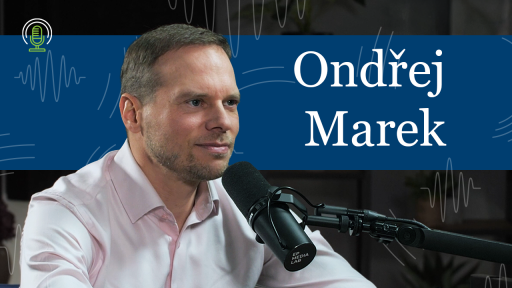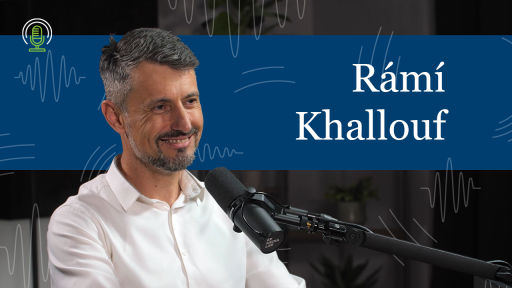How I (Almost) Lost €4,000 – or What Phone Scammers Are Capable Of

One summer Friday evening, my phone rang. Czech country code, unknown number. I picked up – and found myself in a rather bizarre conversation with a so-called “manager” named Pavel Nečas from a company called Coin Market Cap Ltd.
In broken Slovak with an Eastern European accent, he tried to convince me that my cryptocurrency account had just lost €4,000. And that this was a serious problem!
I knew it was a scam and that I’d simply become the next number on their call list. Calmly, I reassured him that worse things happen in life and that I’d lost more than four thousand euros before. Above all, I told him I had never opened an account with them – let alone sent them any money!
But he was determined to convince me that maybe I’d just forgotten. And that I really did have money with them – and apparently, he didn’t want me to lose it.
The Theatre of Psychological Manipulation
My self-appointed manager would not give up. He claimed to be more worried about my money than I was because:
-
He “liked” me,
-
and if I didn’t react, he would personally be fined €2,000 for every €1,000 I had lost – so we needed to send the money to another account!
That’s some solid melodrama. Emotion, empathy, pressure – the classic elements of social engineering. And I, in the role of a curious observer of how such a manipulative conversation plays out, decided to let him continue for a while.
10 Minutes of Absurdity: “You Have an Account With Us!”
The call turned into a ten-minute absurd theatre piece. Here’s a sample:
“You have an account with us!”
“I don’t. Even though I’m fairly wealthy, I’d remember something like that.”
“I sent you the access codes by e-mail. Check and see for yourself.”
“To an e-mail address I never gave you?” (I found out he’d located my work e-mail online)
“I’m not at my e-mail right now, I’ll check later and call you back on the number you’re calling from.”
“You… won’t reach me there, but I’ll send you a WhatsApp contact. When can I call you?”
And that was it. My “manager” lost patience and hung up.
Facts That Should Concern You
Such calls are not rare – they are well-planned attacks affecting thousands of people every month. According to the Czech Police:
-
The number of reported phone scam cases has increased by more than 130% year-on-year.
-
The average loss ranges from 30,000 CZK (€1,200) to 200,000 CZK (€8,000), but million-crown sums are not unusual.
Scammers often claim that:
-
your bank account has been compromised,
-
an investment has lost value and must be “rescued” immediately,
-
or that they are representatives of your bank, the police, or an investment platform.
How to Recognize These Calls?
Here are some warning signs to easily identify a scam:
-
They call from an unknown Czech or foreign number.
-
They present themselves as an authority (banker, technician, police officer, investor).
-
They create urgent pressure for you to act immediately.
-
They use emotions – fear, empathy, concern for your money.
-
They try to get you to open an e-mail or link containing malicious software.
-
They want to persuade you to transfer money or install remote-access software (e.g., AnyDesk, TeamViewer).
The Only Correct Response? – Hang Up. Immediately.
Don’t continue the conversation, don’t click anything, don’t “just check if they might be right.” They prey on your weaknesses, and the greatest risk is not stupidity, but curiosity.
Even I, knowing it was a scam, felt the strong temptation to click on that e-mail and “just take a look.” And that’s exactly the moment they’ve got you.
Have You Had a Similar Experience?
Share it. Write to me or call – whether just to tell the story, or to help warn others. In such situations, sharing means protection.
Note: All amounts in Czech crowns have been converted to euros at a fixed rate of 25 CZK = 1 EUR.
Stone & belter blog
Similar articles
Category















